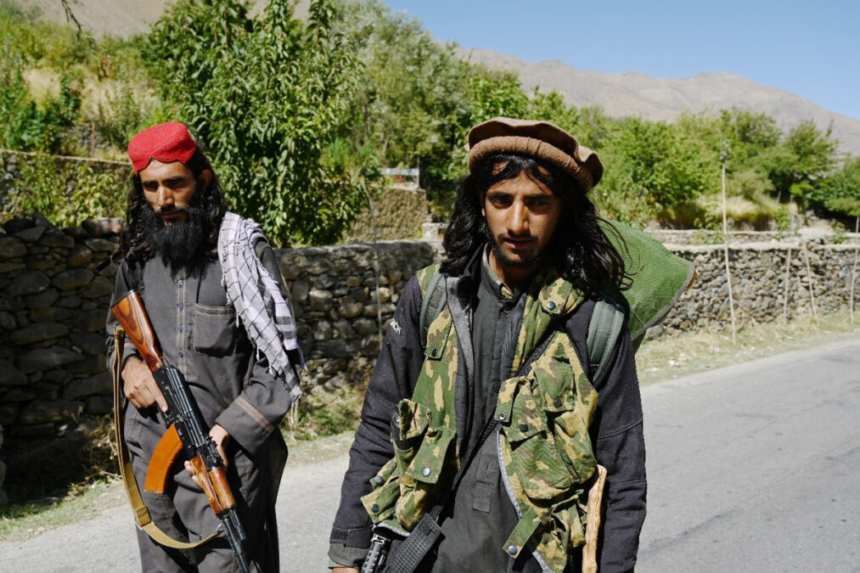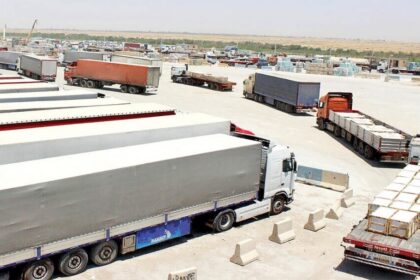RASC News Agency: Local and community sources in Panjshir province report that the Taliban have reinstated an aggressive campaign targeting smartphones, aimed at both government employees and ordinary civilians. According to these sources, Pashtun commanders, appointed from southern provinces, have set up inspection checkpoints across the region to confiscate mobile devices from public officials, security personnel, and residents alike. Sources indicate that dozens of smartphones have already been seized. This move follows an official Taliban directive issued to provincial government offices nearly two weeks ago, formally prohibiting the use, transport, or possession of smartphones by staff.
Local informants suggest that the ostensible goal of this ban is to control internal communications and restrict access to sensitive information within government offices. Yet, broader and more coercive motives appear to underpin the policy. Analysts say that the Taliban are using smartphone confiscations to reinforce fear, intimidate the population, suppress documentation of their actions, and extract wealth under the guise of enforcement. Reports indicate that some civilians have been coerced into surrendering property or paying extortion fees to reclaim their devices. Government employees who have lost access to their phones report heightened anxiety and fear. The Taliban routinely accuse anyone carrying a smartphone of espionage, fostering a climate of mistrust and intimidation. Local officials warn that the absence of mobile devices has disrupted daily administrative operations and obstructed coordination with central authorities, effectively paralyzing local governance.
Human rights organizations have condemned this policy as a flagrant violation of individual freedoms and an egregious intrusion into personal privacy. Experts note that these measures further erode transparency and accountability within public institutions, enabling the Taliban to consolidate power unchallenged. Observers stress that Panjshir is not an isolated case; rather, the smartphone confiscations are part of a broader pattern of Taliban authoritarianism across Afghanistan. By curtailing communication, imposing fear, and exploiting citizens, the regime systematically dismantles civil liberties while weakening local administrative capacity. Analysts warn that these tactics exacerbate social fragmentation, deepen governance crises, and perpetuate the climate of repression that has defined Taliban rule since their return to power.
The ongoing restrictions illustrate the Taliban’s strategic use of technology control as a mechanism of oppression, extending far beyond simple surveillance to encompass extortion, intimidation, and social subjugation. Such policies reflect a calculated effort to dominate the population, suppress dissent, and cement their power, leaving little space for civil society, independent governance, or the protection of individual rights in Afghanistan.






